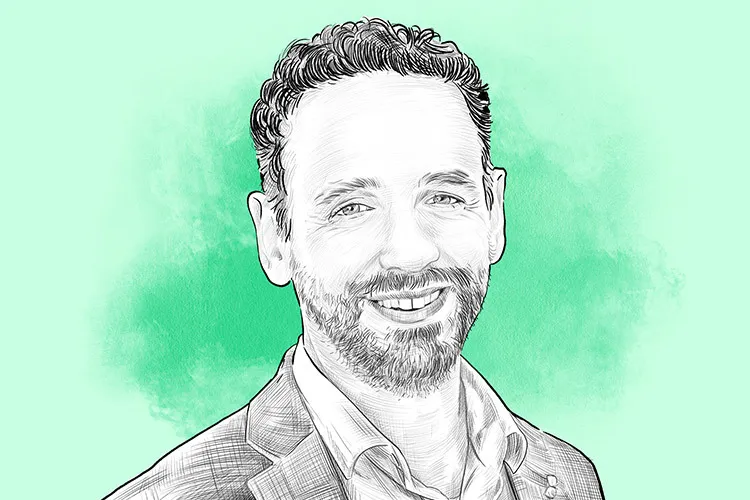In recent days, we have been horrified by news from the Middle East about just how cruel humans can be. This same feeling, although laudable, hides another tragedy; every day, there are examples of this and even worse cruelty in different parts of the world. Why do we care so much now? Why does this affect us and not other cases of violence and brutality, many of which are closer to us? Although the normalization or invisibility of violence is crucial for understanding the world we live in, the calm, attention, and depth with which it deserves to be addressed forces us to deal with it in another time and place.
This is one of the many examples that show how the enlightened nineteenth-century dream not only failed on many occasions, such as war, but also how instrumental practical rationality, which is mainly represented by technoscience, has become responsible for the most atrocious nightmares.
There is no doubt that science and technology have made it possible to improve the living conditions of millions of people, increase the life span extraordinarily, and make the impossible possible. Our lives, the lives of those of us who have the opportunity to read these words, seem, in general terms, safer, more comfortable, and fairer than those of previous generations.
However, the feeling or perception of insecurity and risk in which we live is increasing. We are aware of a civilizational change, of an imminent transformation of our personal and collective lives. On the one hand, techno-scientific development seems to promise us a better, easier, simpler, and fairer world. A world in which the basic, fundamental needs of all, or at least the majority, are met, and human flourishing is possible.
This leads to the assumption that technoscience —or scientific and technological activity— is not neutral. Those of us who participate in its development are convinced that it is the path to progress, our best strategy to continue improving, which can lay the foundations for a better world for all. We entrust our hopes and efforts, even our lives, to a nineteenth-century utilitarian, pragmatic, or positivist point of view, to account for and solve the great sources of fear and suffering that human beings suffer or may suffer. This same hope, and consequent projection of positive values that transcend the purely epistemological, forces us to recognize that scientific activity is not neutral.
Starting from its own conception, each project, pre-project, or research proposal must address values, assets, and interests. In principle, one would expect social values and assets. However, economic, political, and, in many cases, military interests and opportunities are more important, and this must be made clear in these projects.
Technoscience therefore refers to a collective activity with interests that are pragmatic, not merely cognitive, which increasingly requires a greater number of economic, institutional, and human resources; resources that, as a general rule, are not available to scientists themselves, who are forced to pay a kind of toll in their attempt to obtain them. It is not only the possibility of the projects that is at stake but also their own scientific careers and even personal lives.
Finding a dynamic balance between their reality-transforming dreams and responding to reward and recognition systems is not always easy. Nor is it easy for the managers themselves, who for the most part share the same dreams as the scientists. They must also respond to the multiple perspectives, values, assets, and interests of the various stakeholders involved.
In all cases, everyone can see the extraordinary transformative power of technoscience; one of the most powerful tools and ways we have to transform the world. This could be much better but also terrifying, as seen on numerous occasions. Therefore, we should be neither technophobes nor technophiles. Responsibility, caution, open-mindedness, the ability to listen and communicate, critical thinking, and deep knowledge of the meaning and significance of our work appear, a priori, to be essential elements of a new and necessary social contract between technoscience and society.
This means leaving daydreams and romantic discourses behind, being aware of the mechanisms that articulate contemporary technoscience, identifying the main stakeholders involved in it, as well as its beneficiaries and those affected, assessing the models of justice and sustainability behind each specific project, and learning from past mistakes.
Change is neither possible nor necessary, it is inevitable. It’s up to us how this happens and what its repercussions will be.


















